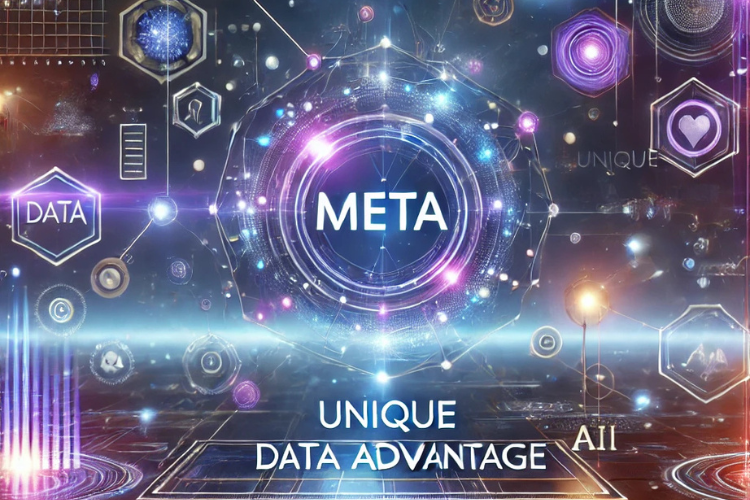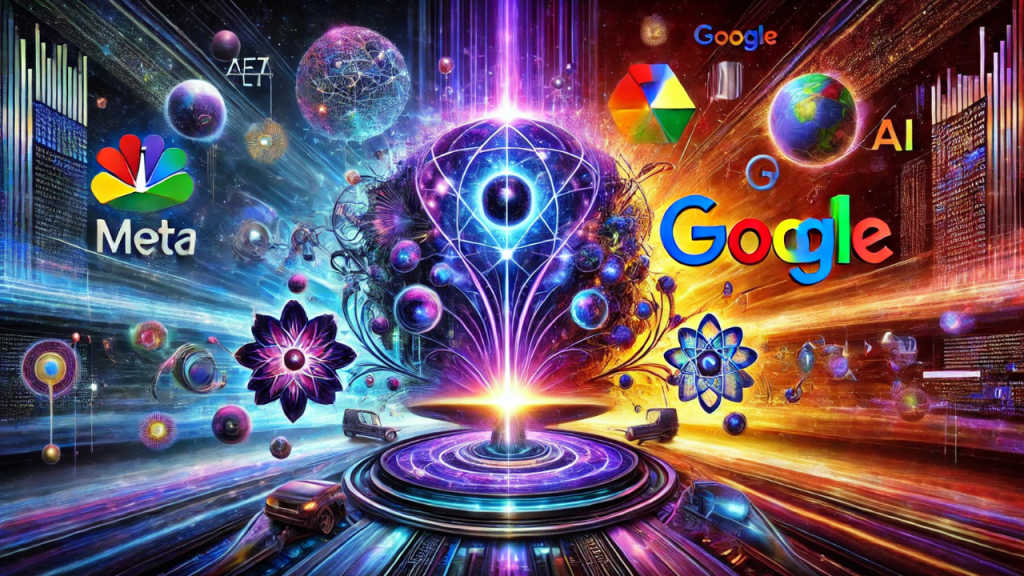Introduction
Meta is stepping into the search engine game, and Google is paying attention. The tech giant known for Facebook and Instagram is taking bold steps to create an AI-powered search engine. This move challenges Google’s long-standing dominance.
Meta’s new venture combines advanced AI, personalized search, and even nuclear-powered data centers. The result? A fresh, innovative approach to finding information online. Let’s explore how Meta’s plans could shake up the search engine world and redefine the way we interact with technology.
1. Meta’s Ambitious Move into Search
Meta’s AI-powered search engine has been in development for months. Unlike traditional engines, it focuses on personalization and conversational interactions.
This search engine doesn’t just retrieve links. It understands context, interprets intent, and adapts to user needs. Meta aims to make searching faster, smarter, and more user-focused.
Their bold strategy reflects their history of innovation. From social media to the Metaverse, Meta isn’t afraid to disrupt industries. Now, they’re targeting Google’s search throne.
2. Why Google Should Be Worried
Meta’s biggest advantage lies in its massive data ecosystem. Platforms like Facebook and Instagram provide unmatched insights into user behavior.
This allows Meta to deliver hyper-personalized search results. Unlike Google’s keyword-based approach, Meta’s engine anticipates user needs. It learns preferences, interests, and habits to provide tailored results.
This level of personalization could challenge Google’s core business. If Meta succeeds, it might redefine how people think about search engines.
3. How AI is Revolutionizing Search
Meta’s search engine leverages cutting-edge AI. It goes beyond matching keywords to understanding full sentences and complex queries.
For users, this means a conversational experience. You can type vague ideas, and the AI will deliver accurate and relevant results.
This AI-driven approach simplifies search, making it intuitive and efficient. It marks a shift in how we discover information online.
4. The Nuclear-Powered Data Centers
Meta’s search ambitions require massive computing power. To meet this demand, they are exploring nuclear-powered data centers.
Nuclear energy provides scalability and reliability. It ensures uninterrupted performance for AI workloads.
However, the journey hasn’t been smooth. Environmental concerns, like rare bee habitats, have created challenges. Despite this, Meta remains committed to pushing boundaries.
5. Meta’s Bold Vision for Search
Meta isn’t building another search engine. They’re creating a new way to interact with information.
Their vision includes an immersive, AI-driven search experience. Instead of offering links, it provides insights, answers, and suggestions.
This personal assistant-like approach aligns with the digital age. It’s designed to make search more engaging and interactive.
6. Leveraging the Metaverse for Search
Meta’s long-term strategy ties search to the Metaverse. This integration could revolutionize how we explore information.
Imagine searching for travel destinations and virtually visiting them. Or interacting with products before making a purchase.
Google doesn’t have this level of virtual integration. It’s a unique edge that sets Meta apart from its competitors.
7. Privacy Concerns and Data Handling
Meta’s access to vast amounts of user data raises privacy concerns. Users want personalization, but they also value their privacy.
Meta claims to prioritize privacy in its search engine. Balancing data use with protection will be critical to gaining user trust.
If they succeed, Meta could redefine privacy standards in search technology.
8. Meta’s Unique Data Advantage
Meta has an unparalleled data advantage. They can integrate insights from social media, user preferences, and interactions.
This creates a search engine that feels intuitive. It anticipates user needs and delivers highly relevant results.

For advertisers, this opens new opportunities. For users, it means a more personalized search experience.
9. Google’s Response and Future Competition
Google isn’t sitting idle. They are likely exploring ways to enhance their own AI capabilities.
This competition could drive innovation in search technology. Users might benefit from faster, smarter, and more diverse options.
The battle between Meta and Google is just beginning. It could reshape the entire tech landscape.
10. Opportunities for Developers
Meta’s search engine brings exciting opportunities for developers. Fields like AI, data science, and privacy will see growing demand.
.NET developers, in particular, could contribute to new APIs, algorithms, and integrations. This shift could lead to a surge in open-source projects.
For developers, it’s an exciting time to explore AI-driven search technology.
11. AI’s Expanding Role in Everyday Search
AI is now a part of everyday life. Meta’s search engine showcases its potential to simplify user interactions.
From apps to websites, AI can make technology more user-friendly. Developers have a chance to innovate and improve these interactions.
This trend isn’t slowing down. It’s becoming a standard in tech development.
12. The Future of Search
The search landscape is evolving. Meta’s entry signals a shift from information retrieval to personalized experiences.
This isn’t just about competition. It’s about transforming how we find and interact with information.
As Meta and Google compete, users stand to gain the most. The future of search is more intuitive, interactive, and user-centric.
Conclusion
Meta’s challenge to Google is more than a business rivalry. It’s a turning point in technology.Their AI-driven search engine, nuclear-powered data centers, and Metaverse integration are groundbreaking. These innovations promise a better, more personalized search experience.
As developers and users, we are witnessing the start of a new era in search. Stay tuned, because the future of search is here.
And don’t forget—if your systems need optimization, visit StartupHakk.com. We’re here to connect, simplify, and innovate!




